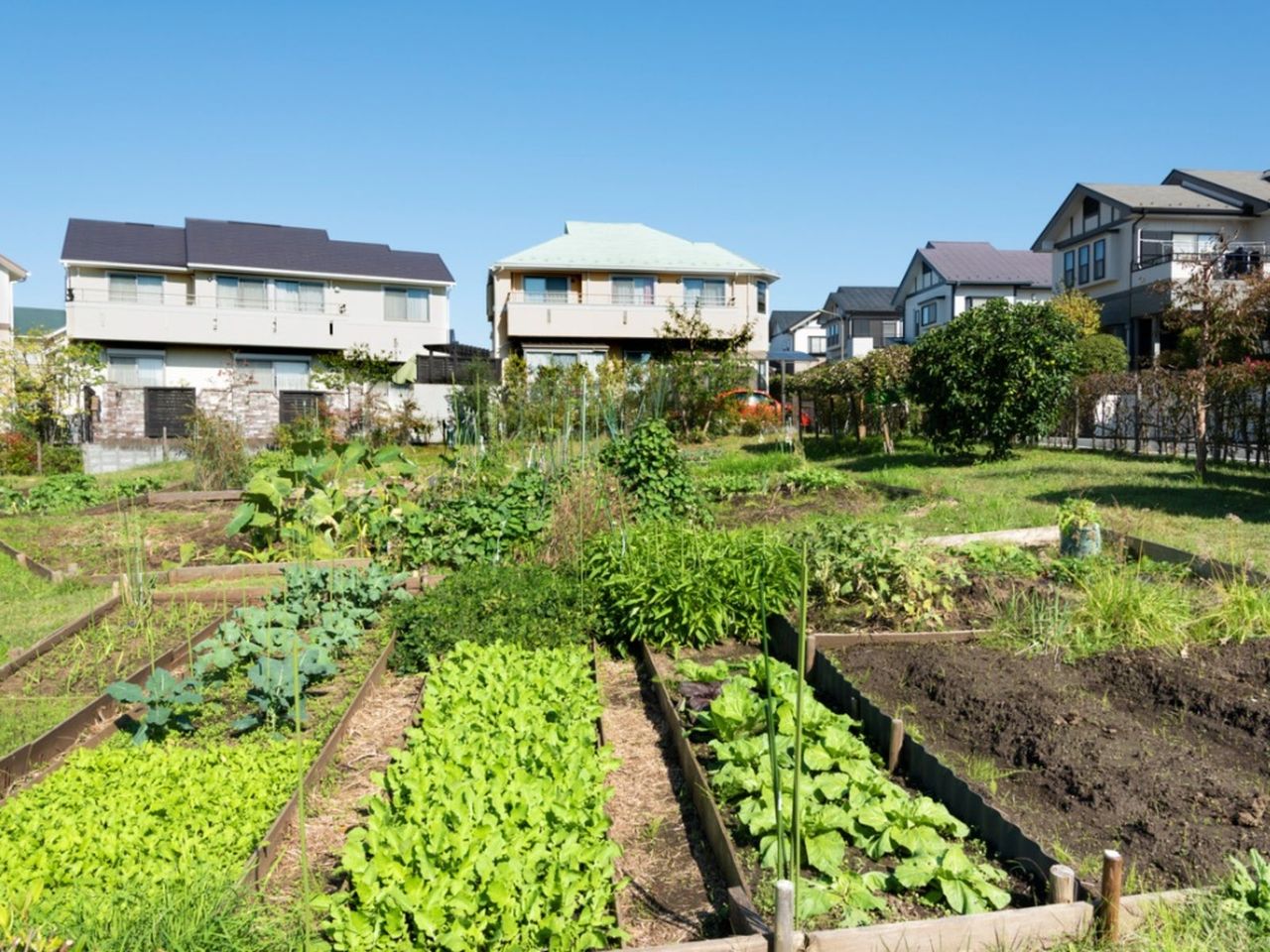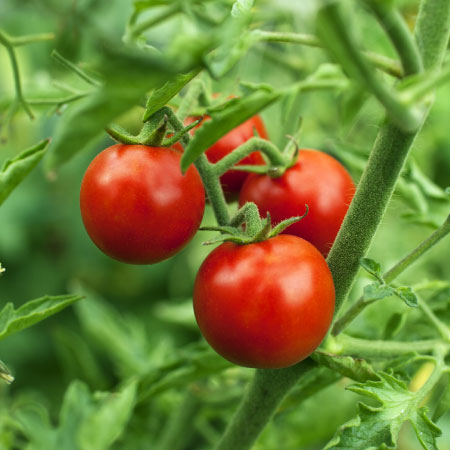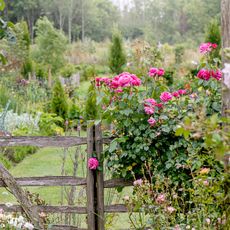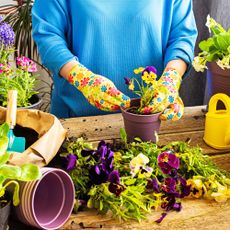Benefits Of A Backyard Suburban Garden


In this world of increasing living costs, a backyard suburban garden can provide a family with fresh, delicious, and healthy vegetables, fruits, and herbs. Many fruits and vegetables are perennials and with little care or maintenance can bring your family years of eating pleasure. Gardening can give you the satisfaction of having grown your own produce for a fraction of the cost of buying it in the grocery store. In addition, gardening is not difficult nor does it have to take a lot of time and effort. Let's take a look at how to create a backyard suburban garden.
Suburban Garden Planning
There are as many ways to garden as there are people who work the soil. First, think about how much time you have and how much equipment you will need. I prefer to use the raised bed-no till method of gardening. My equipment list includes a shovel, spade, and a good pair of gloves. The entire garden should be planned in detail before anything is planted. There are thousands of sites on the internet that will give you free plans for your gardens; these plans include flower, herb, water, or vegetable gardening. Planning out your garden will save you hours of frustration later, when with poor planning the squash takes over the lawn or the mint threatens to spread to the next county. Decide in advance what vegetables or flowers you would like to grow. Do you want to buy plants or grow them from seeds? Start small as you can always expand the garden next year. What vegetables do you like? No point in growing zucchini if you can't stand the stuff.
How to Create a Backyard Suburban Garden
Once your suburban garden planning is complete, it's time to get your garden ready for planting. Amend and enrich your soil by adding leaves or composted manure. If you are planting in compacted clay soil, add a good bit of sand to lighten the clay. Place your garden spot where it will receive at least five hours of sunlight a day. If you want a low maintenance gardening technique, raised beds will fill the bill. Be sure to position your garden far enough away from trees so they don't compete with the crops for water. If you have only a small site available for a garden, we suggest you grow crops that will yield the heaviest crop over the longest period of time. Vegetables suitable for a small suburban garden include:
- Tomatoes
- Peppers
- Bush cucumbers
- Summer squash
- Bush lima
- Potatoes
- Bush beans
- Pole beans
- Garlic
- Various herbs
- Onions
Grow as many vegetables vertically as possible: pole beans, cucumbers, cantaloupe, and watermelon can be grown on fences. Many vegetables can be grown in containers, thus saving space in the garden area. Tomatoes and peppers love containers if given enough water and fertilizer. For those of us who have small yards, two books can be invaluable in your gardening efforts. Mel Bartholomew's Square Foot Gardening and Patricia Lanza's Lasagna Gardening will be invaluable resources. One will tell you how to plant intensively and the other will guide you to enriching your soil with as little effort as possible. Another information bonanza is the back of the seed packet. This index of information will include growing regions, when to plant, how deeply to plant, and suggestions as to where to plant and how to harvest. There is also a picture of what the vegetable looks like once it is mature. Additionally, the seed packet will tell you the type of soil in which this plant will thrive. Grow the vegetables, fruits, and herbs you love. Most of all, enjoy your time with nature. Put a bench near your garden and take time to watch your backyard suburban garden grow.
Gardening tips, videos, info and more delivered right to your inbox!
Sign up for the Gardening Know How newsletter today and receive a free copy of our e-book "How to Grow Delicious Tomatoes".

Debbie Slack is a guest writer for Gardening Know How who specializes in urban gardening.
-
 New Ways To Use Classic Garden Plants – For A Modern Landscape With A Touch Of Nostalgia
New Ways To Use Classic Garden Plants – For A Modern Landscape With A Touch Of NostalgiaThe 'Nostalgia Gardening' trend uses classic garden plants in new ways to add interest to your landscape and harken back to gardens of the past. Old is new again!
By Mary Ellen Ellis
-
 New England April Garden Checklist: What Flowers, Shrubs, Veggies & Herbs To Plant Now
New England April Garden Checklist: What Flowers, Shrubs, Veggies & Herbs To Plant NowLearn what crops and ornamentals to plant in April for a thriving garden in Connecticut, Maine, Massachusetts, New Hampshire, Rhode Island, or Vermont.
By Ellen Wells